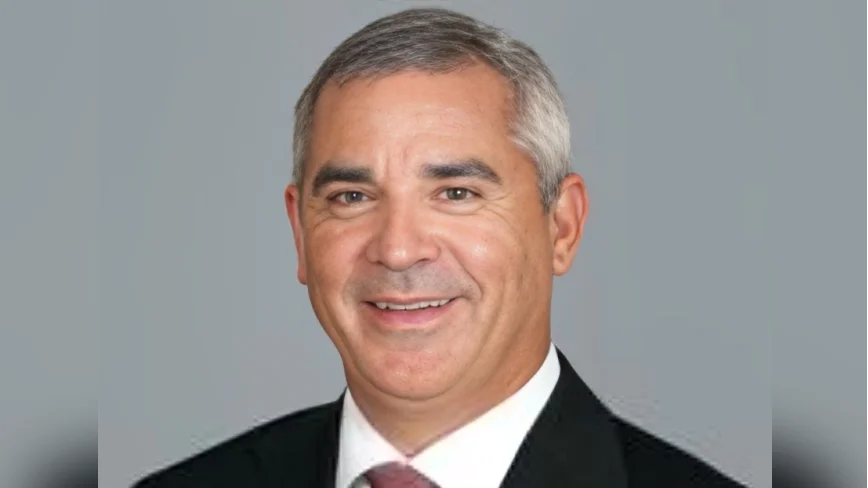Construction spending saw a slight decline in January, falling 0.2 percent from the previous month, according to an analysis by the Associated General Contractors of America. The organization warned that proposed tariffs on goods from Canada, Mexico, and China could further increase project costs.
Ken Simonson, chief economist for the association, highlighted that "construction spending growth has been slowing under pressure from high interest costs and now the prospect of new waves of tariffs." He added that "there have already been notable cancellations and postponements for major manufacturing plants," with new tariffs likely causing more delays.
In January, total construction spending reached $2.19 trillion at a seasonally adjusted annual rate, down 0.2 percent from December but up 3.3 percent compared to January 2024. Despite this monthly decrease, construction spending increased at a 6.6 percent rate in 2024 overall.
Manufacturing construction experienced a decline of 0.3 percent in January with year-over-year growth slowing to 5.6 percent from 20 percent in the previous year. Simonson noted significant project changes: Air Products withdrew from three planned projects while Intel postponed its Ohio project's completion to 2031.
Educational construction fell by 0.6 percent, multifamily construction decreased by 0.7 percent, and private office construction declined by 0.5 percent in January. These declines outweighed gains seen in single-family homebuilding (up 0.6 percent), data center construction (up 1.9 percent), and infrastructure sectors like highway and street (up 0.6 percent), sewage and waste treatment (up 0.4 percent), and transportation facilities (up 0.1 percent).
The association stressed that new tariffs will raise costs for various materials whether imported or domestically produced as domestic producers may also increase prices in response.
Jeffrey H. Shoaf, CEO of the association stated: “Higher interest rates are making it harder to get private sector projects approved, and these new tariffs are likely to prompt many developers to hit pause on new projects.” He urged for resolution of underlying disputes causing tariff implementations: “We all want to see more domestic suppliers of construction materials but undermining demand for construction isn’t the right way to stimulate new domestic capacity.”


